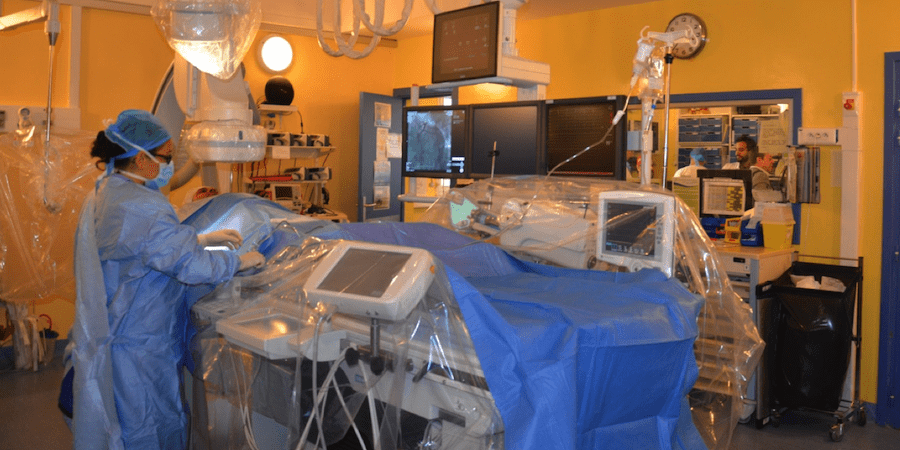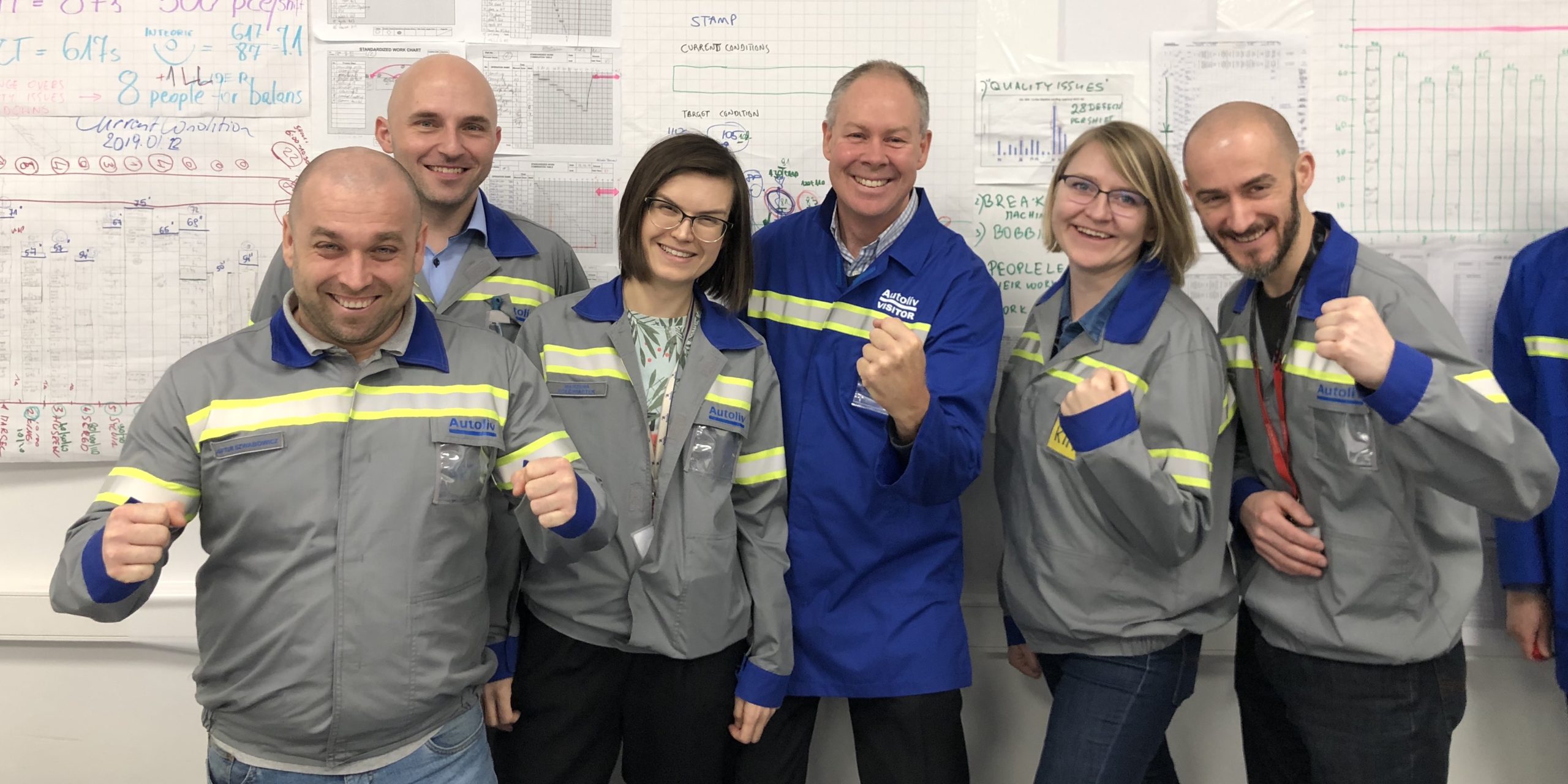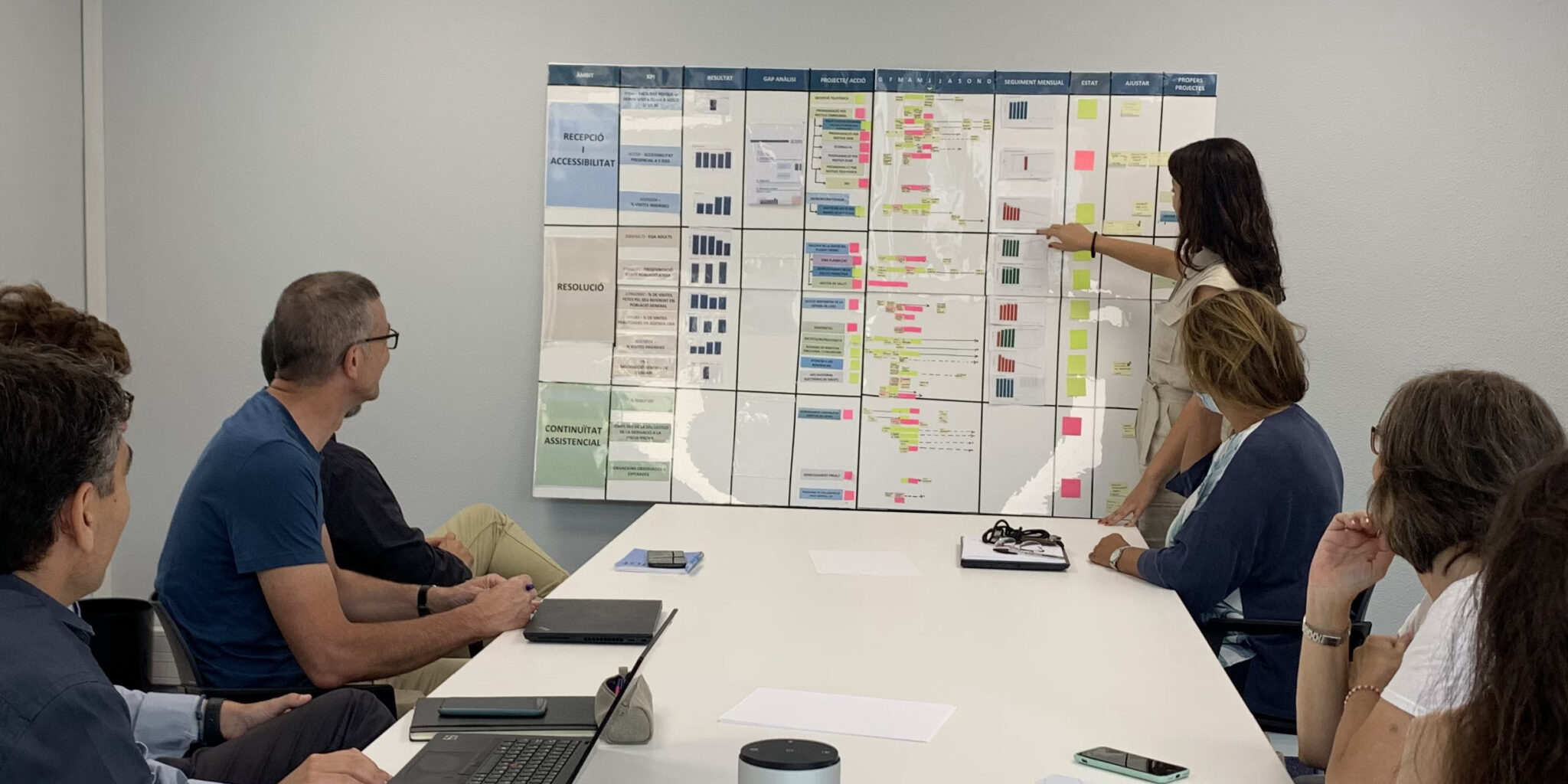
Change management at an airline catering business using lean thinking
INTERVIEW - Having to adapt to changing customer needs, KLM Catering Services decided to turn to lean thinking, reducing its changeover times and recycling more.
Interviewee: Frank Van Velzen, Manager of Process Development, KLM Catering Services
Planet Lean: KLM Catering Services has been using lean for over eight years now - what challenges were you encountering when you decided to first adopt it?
Frank van Velzen: A visit from an airline caterer from the United States revealed the high levels of inventory we were carrying and all the overproduction we had. We were introduced to the methodology, studied it and realized it would match what we wanted the organization to look like in the future. We set off to start using the tools and techniques. Eight years down the line, we are moving towards a new organizational culture.
The biggest improvements we make result from our desire to meet customer demand, which is necessary for us to stay competitive as an airline.
PL: What has changed in the airline catering business in recent years?
FVV: Like many other industries, we have seen customers become increasingly demanding and expect service to be faster and more reliable.
Stocking up carts for up to 60,000 meals per day is a big task, and on top of that there are add-on services we must consider: for example, today passengers are allowed to purchase a meal upgrade at check-in. Upon assembling the cart, we need to take special meals into account, and place them in the right position in the cart depending on where the passenger who requested that meal is sitting.
For years, the choice the airline offered was limited (does “chicken or pasta” sound familiar to you?), and we could assemble carts half a day – sometimes even a day – before a flight. Now that our customers can upgrade their meal on their way to Schiphol or at check-in, things need to happen much more quickly. As an organization we had to become more flexible and dynamic in order to accommodate variation and meet shorter lead-times.
PL: How did you achieve that?
FVV: We did it in two ways, mainly. First of all, we set up a system of cells next to our production line; we are now working to stabilize all our processes, working to takt time and making the facility a safe place to work. Secondly, we are learning to analyze our data more effectively.
PL: Can I have an example of this?
FVV: Here’s one. We used to have 40 bottles of wine on our morning flights to Madrid, even though at that time of the day people only want coffee. We were flying liters and liters of wine all over the place for no reason. In the afternoon flight, we’d do the same mistake, but with coffee (everybody wanted to drink some wine after lunch).
We had to find a way to ensure people would have a choice while learning to look at our data in a different way, to understand what beverages work and what don’t on what flights. Why would I carry 10 cans of Schweppes if I know I am not going to need them?
PL: What is the most difficult part of managing change?
FVV: Definitely teaching the lean way to leadership, and how to be a coach and a mentor. Getting leaders to move away from the command and control mentality is extremely hard.
PL: Have you come across other airline caterers applying lean principles?
FVV: We have, but only a few. Many of them tell us that what we are trying to do has the potential to set new standards for the industry.
PL: Can you share some improvement figures?
FVV: Of course. We have been able to shorten our lead-time for the KLM Europe flight assembly from eight hours to maximum 10 minutes, for example, as well as reduce the turnaround time for Embraer planes from 50 to 35 minutes (which means one extra aircraft on the flight schedule). Recycling has gone up from 5 to 17% already, and the figure is growing. The KLM Intercontinental assembly line has seen changeover time reduced from 4 hours to 20 minutes a day (with a very large variety of products as well). In general the level of stock has dropped for almost all planes.
THE INTERVIEWEE

Read more


NOTES FROM THE GEMBA – On this gemba walk in the cardiology department of a Parisian hospital, the author discovers how the team is changing its internal dynamics and processes to make lean their way of thinking.


INTERVIEW – What skills do coaches need to successfully support lean transformations in the service sector? Our colleagues from Australia tells us about their experience.


CASE STUDY – How do you give hundreds of primary care units the tools and knowledge they need to make improvements? The Catalan Health Service found the solution in hoshin kanri.


CASE STUDY – This Chilean agrobusiness company achieved great results in a very short time by applying lean to standardize its processes and improve its productivity. They are now berry fond of the methodology.

